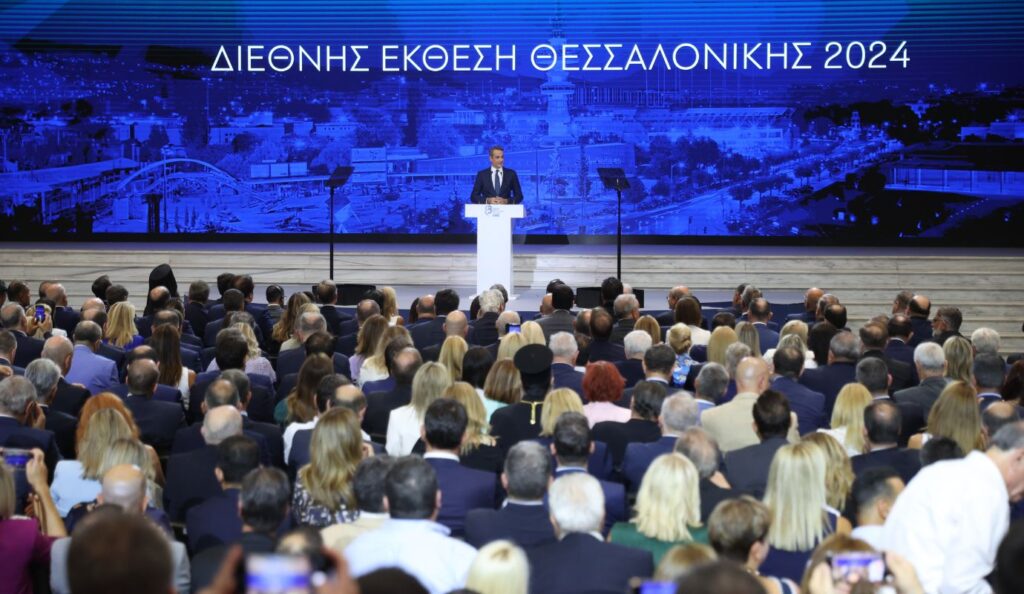The final round of consultations within the economic team begins immediately, to be completed by the end of August, with the goal of finalizing the prime minister’s announcements at the Thessaloniki International Fair. The central message remains ensuring economic stability despite global uncertainties and limited fiscal margins set by the European Union, while continuing to support Greek society.
Read: The four summer challenges for Maximos Mansion: The government’s plan to regain lost ground
Stable permanent surpluses
According to what Giorgos Aftias writes in “Apogeumatini,” the July-August surplus provides the financial basis for benefits that will not jeopardize what has been achieved in previous years, according to government sources. There is also potential for announcing an extraordinary measure that will shape the broader economic climate.
The government operates according to the Mitsotakis doctrine: “We organize public finances, achieve higher growth rates than the European average, reduce unemployment and create stable permanent surpluses, from which we return resources to society.” The main pillars of the policies to be announced include further tax reductions, strengthening families with children, and shaping a new framework for social security and development. These decisions will be incorporated into the 2026 budget.
Greece is among only 8 EU countries that have surpluses instead of deficits. The initiatives focus on the following:
- Increasing disposable income through reduced taxation
- Stable wage increases through reduced contributions
- Supporting parents with children
- Special benefits for vulnerable groups
- Supporting young people and new families in finding housing with new financial tools
- Interventions in the rental market
- Targeted measures for pensioners
- Special programs for youth and vulnerable households
What the measures package includes
The measures, expected to exceed 1.5 billion euros, include:
- Targeted reductions in tax rates and adjustment of the tax scale. Among these, an increase in the threshold for applying the maximum tax rate of 44% above 50,000 euros, instead of the current 40,000 euros.
- Reduction of living standard presumptions.
- New reduction in social security contributions.
- Relief for property owners regarding rental income taxation. Introduction of an intermediate tax rate of 25% is being considered, between the existing 15% (for income up to 12,000 euros) and 35% (for income from 12,001 to 35,000 euros). Income above 35,000 euros is taxed at 45%.
- Interventions for single-parent families, households with two or more children, and other regulations aimed at addressing the demographic crisis.
- Interventions in the pension system and regulations for housing loans in Swiss francs.
This package will be added to existing measures, such as:
- Additional reductions in business fees,
- Permanent solidarity contribution,
- Increased tax-free allowance for families with children (benefiting approximately 700,000 taxpayers),
- Housing programs for young couples,
- One-time financial support for low-income pensioners, renters and vulnerable groups.
Meanwhile, teacher recruitment and school infrastructure upgrades are being accelerated, while new and increased allowances for Armed Forces personnel are being paid regularly.
Finally, significant announcements and financial returns for public funds are expected, regarding fund returns from illegal OPEKEPE subsidies.




